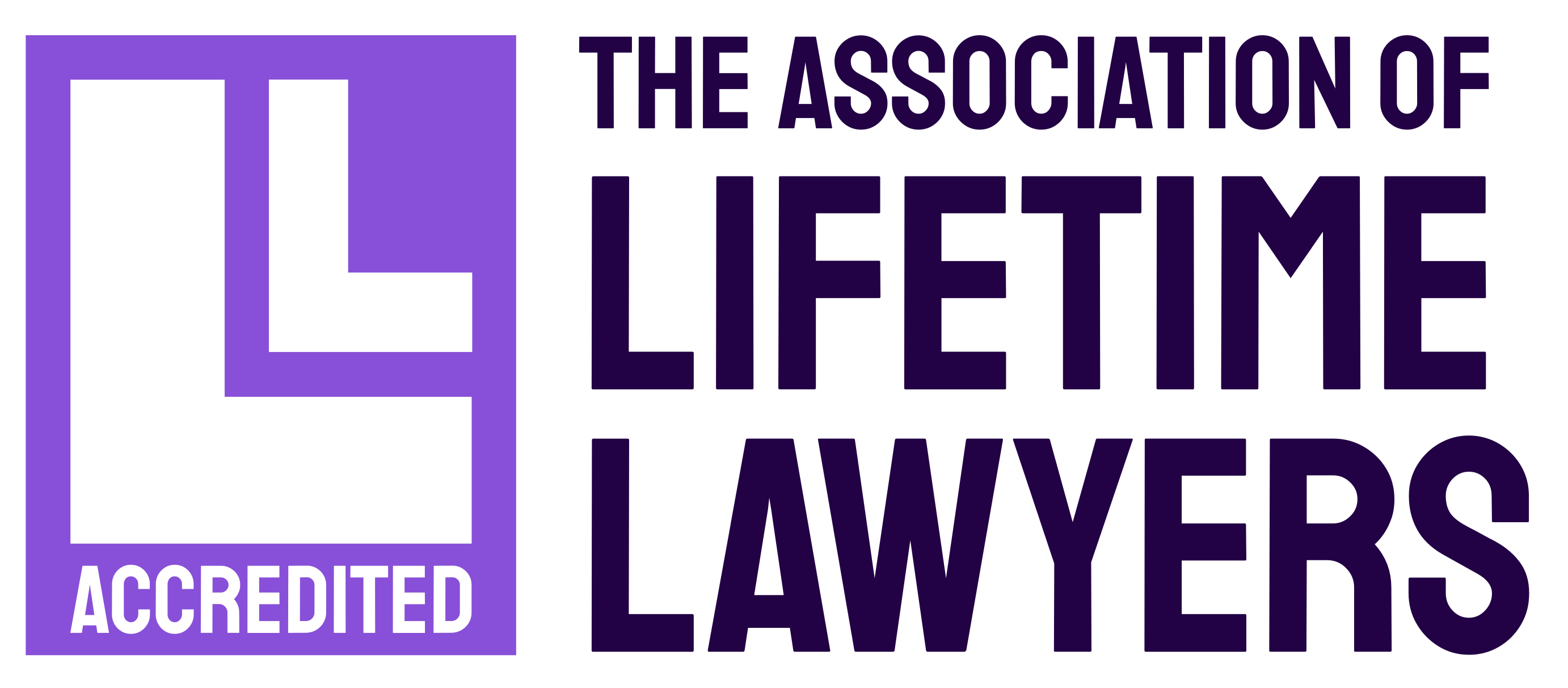News & insights
Is AirBnB regulation looming?
17th November 2016
Since 2008, travellers across the world have been checking in to annexes, granny flats and spare rooms. The international Airbnb boom has spread far and wide, with lets available in locations as unusual and remote as nomadic Mongolian villages and flats in Kabul, a city beleaguered by conflict since 2001. Property rentals of this nature may not be everybody’s cup of tea, but for those who may be considering folding away the dust sheets in their spare rooms and flinging open their doors to the tourist market, it might be worth considering whether the wind of change is blowing against the practice.
Here in the North East short-term lets are bringing home the bacon for many home-owners; Airbnb advertises rooms to let from as little as £14 per night with whole properties coming in at considerably more. The last chancellor, encouraging such micro-entrepreneurship, introduced a tax break for homeowners renting out a room on the first £1000 they earn. But could international rumblings, calling for regulation and a clampdown on Airbnb-style property letting, bring the booming industry grinding to a halt?
In the past twelve months cities across the world, including Barcelona, Berlin, and most recently New York, have begun machinations to introduce greater regulation of short-term lettings, introducing registers of renters and subjecting them to strict conditions. In New York, where the minimum let for most apartments was already 30 days, regulation has gone further and forbidden advertisement on sites such as Airbnb.
Such regulation is driven by the belief that the proliferation of short-term rentals is driving up property values in popular cities, pricing local residents out of the market and forcing them to move out of the area. Academic opinion seems to be divided on the matter. Largely, the sub-letting of single rooms, within inhabited properties remains acceptable and is not considered a threat to the wider property market. However, there is growing pressure from the established hospitality lobby, keen to ensure that their “competitors” are subject to comparably stringent regulations.
Such changes seem removed from the UK market for the time being, and certainly from short-term letting here in the North East, where house prices and shortages present less of a difficulty than in major towns and cities.
But landlords who keep a close eye on the political world might have come across the Renters’ Rights Bill, a private member’s bill currently tabled for debate in Westminster. The bill proposes a number of changes to existing legislation, clamping down on rogue-landlords, reducing the range of fees landlords can charge, restricting the purchase of HMOs and making it compulsory to conduct electrical safety checks every five years. If it makes it into law, the Bill seems unlikely to create huge waves and is certainly a distant cry from the crackdown on short-term lettings apparent elsewhere.
Martin Williamson is Head of Residential Property at Latimer Hinks Solicitors in Darlington. Latimer Hinks has a team of around 40 people serving private and corporate clients. For further information: www.latimerhinks.co.uk or call 01325 341500.
Please note: This article is intended as guidance only and does not constitute advice, financial or otherwise.
For further information please contact Martin Williamson

Martin Williamson




